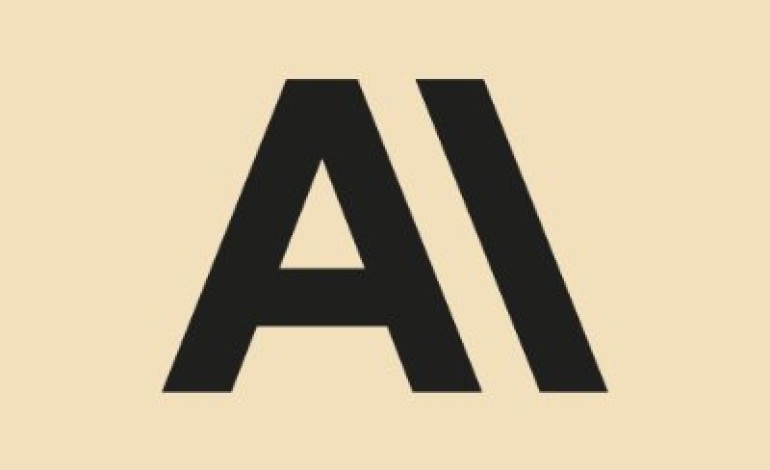
In April of 2023, an anonymous TikTok user using the screen name ghostwriter977 uploaded ‘Heart on My Sleeve’. Whilst the song was written and produced by ghostwriter977, ‘Heart on my Sleeve’ featured vocals from both Aubrey Graham (Drake) and Abel Tesfaye (The Weeknd) that were generated by an AI program designed to mimic the voice and inflections of popular artists. AI cover tracks have been a regular occurrence online for quite some time now, but ‘Heart on My Sleeve’ was one of the first to see action from music labels. By the 17th of April 2023 Universal Music Group (UMG), Drake’s music label, filed takedown notices across all streaming services that hosted ‘Heart on My Sleeve’. Having garnered considerable traffic across Spotify, YouTube, TikTok, and Twitter, ghostwriter977’s track was made non monetisable by UMG.
More recently, UMG has set its sights on AI assistant Claude 2, developed by American tech startup Anthropic PBC. Instead of focusing on supposedly stolen voice talent, UMG has joined Concord Publishing and ABKCO Records to contest the AI assistant’s use of copyrighted lyrics. The complaint filed by the three music labels argues that “Anthropic unlawfully copies and disseminates vast amounts of copyrighted works—including the lyrics to myriad musical compositions owned or controlled by Publishers.” When the AI assistant Claude 2 is asked to recite lyrics from copyrighted music, they are regurgitated by the program. While websites like Genius, a large music lyric database, serve a similar function, they seek licensing agreements from the owners of the copyrighted material used on their site.
Even outside of music, AI companies have been in hot water over copyright law, with The Times filing a lawsuit against OpenAI, the operator of Chat GPT. The Times cites a similar claim to UMG, stating that their copyrighted materials are displayed by the program without permission. However, there is a deeper issue at the heart of both of these lawsuits. Copyrighted material is used to train these AI models. Understandably, both UMG and The Times are not thrilled by their material being used to improve the product of another business without credit or license. This is an issue posed by AI assistants across all mediums, with artists, musicians, and writers essentially having their work scraped from the internet and fed into a program that presents stolen work as original.
ghotstwriter977’s ‘Heart on My Sleeve’ was a novelty designed to outline how producers and writers are often treated as disposable when compared to big-name artists like Drake. Speaking to CNN, ghostwriter977 said: “I was a ghostwriter for years and got paid close to nothing just for major labels to profit”. ghostwriter977 flipped this narrative on its head, producing and writing a compelling Drake song without involving the artist himself. In the case of Claude 2 and Chat GPT, the use of copyrighted content serves a less noble cause as many see the rise of generative AI programs to be reliant on the mass theft of other people’s work. This is an attitude expressed by UMC and associated parties in their filing against Anthropic.
